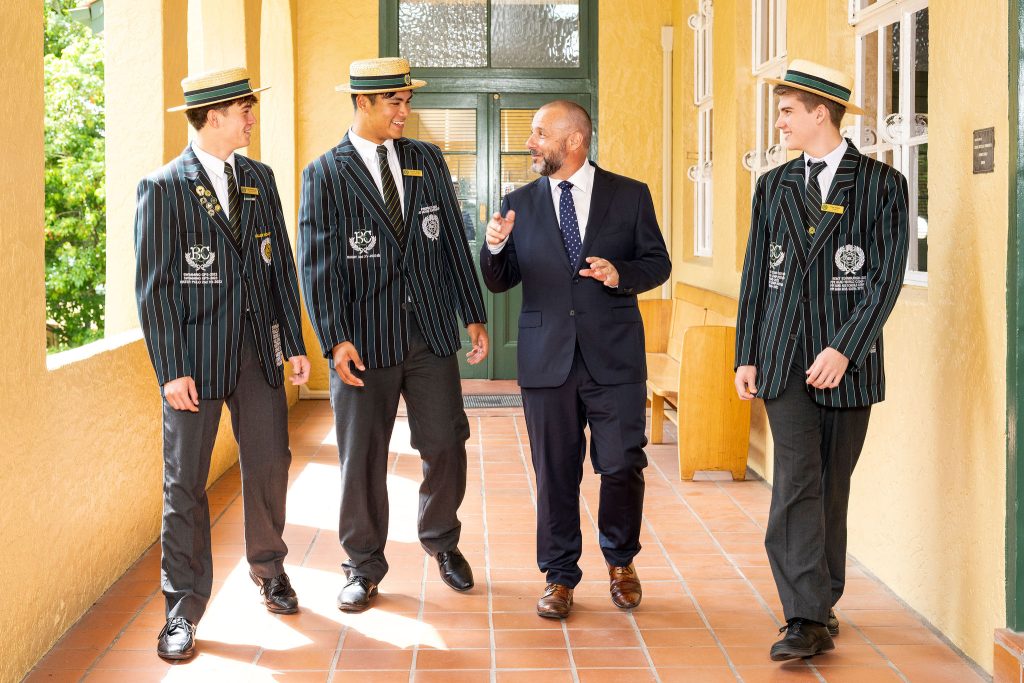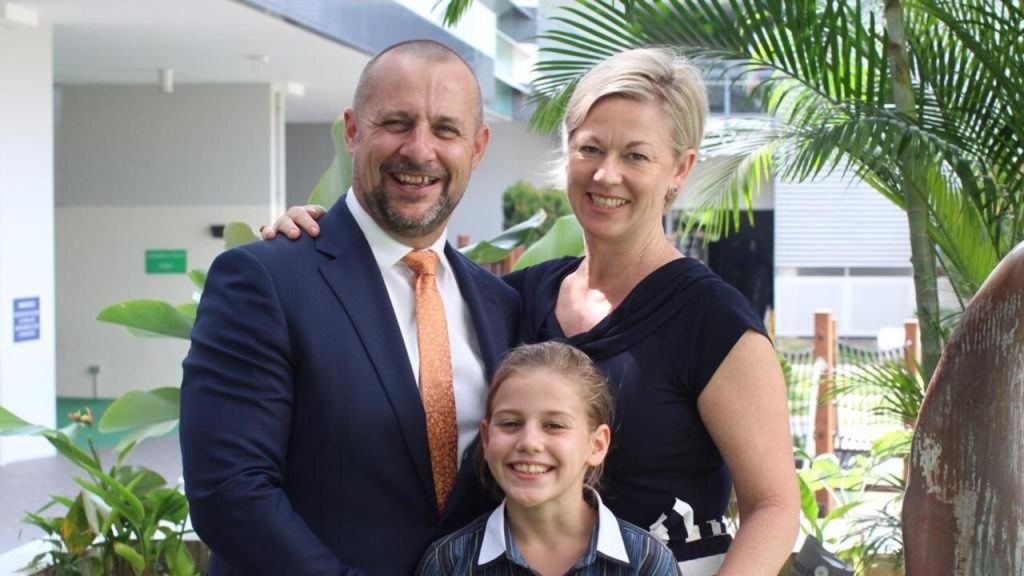- Sponsored Content

When my family and I returned to Australia at the end of 2021 after over 17 years of living in both Shanghai and Singapore, the move was more difficult than we’d expected. This was my first insight into the idea of reverse culture shock. Reverse culture shock is best described as the challenges that a person faces when they have to readjust to life upon returning home after having lived overseas.
Interestingly, my wife and I found that the change was particularly hard for our two children. Studies do suggest that children are more at risk of reverse culture shock than adults. For adults, it’s easy enough to frame the return as a homecoming, and even then, the jolt of finding yourself in a completely different country is never easy. But for children, that change can be completely unmooring.
Children have a different frame of reference than adults do. For a ten-year-old, five years lived abroad is half a lifetime. In that context, adjusting to different customs, cities, and communities suddenly seems much more challenging. For a young person, returning to their country of origin might not feel like going home. It might feel like leaving it.
Three years into our return, now very happily settled in Brisbane, I know first-hand how important it is for families to be prepared for the challenges that can arise when moving back to their country of origin.

Reasons Why Children Experience Reverse Culture Shock
Children may experience reverse culture shock as a result of:
- A loss of control while readjusting to their new environment.
- A big gap in their expectations of what home is going to be like versus the reality.
- How supportive and familiar the re-entry environment is. If friends and teachers can’t provide the right support, readjusting can be much more challenging.
- A potential lack of contact with friends and family during their time overseas.
- Potential difficulties fitting in and a lack of sense of belonging.
How To Support Third Culture Kids
During my time as Head of School at the Australian International School in Singapore, welcoming students from a wide variety of backgrounds was a key part of my job. It remains so in my new role as Headmaster of Brisbane Boys’ College, which accepts both day and boarding students from across Australia and around the world. These positions have shown me how crucial it is for parents and educators to have the knowledge and tools they need to support children experiencing reverse culture shock to ensure they thrive.
Moving countries is an extreme change for a young person, even when it is a country they are already familiar with. Without the proper guidance, they can fall behind, both socially and academically, which can create additional challenges, particularly in secondary school. By equipping ourselves with the necessary knowledge and strategies, we can ensure that every child has the support they deserve as they go through the sometimes-challenging experience of repatriation. With our help, children can hit the ground running and leverage the extraordinary opportunity you have given them to thrive in their new homes.

Help Your Child Master Reverse Culture Shock – Event Details
Andre will be sharing further insights in the Studio at 1880 Members Club in Robertson Quay on Tuesday, 6 August, at 6:00pm.
Key topics the event will cover include:
- The challenges children face on their return to their country of origin.
- Practical steps to help your children succeed when returning home.
- What to look for in a school to help minimise reverse culture shock for your children.
Helping your child master reverse culture shock when returning home will be hosted by Brisbane Boys’ College Headmaster, Mr Andre Casson.
Studio @ 1880 Members Club, Robertson Quay
Tuesday, 6 August, 6pm
Please register to attend this free information session here.








